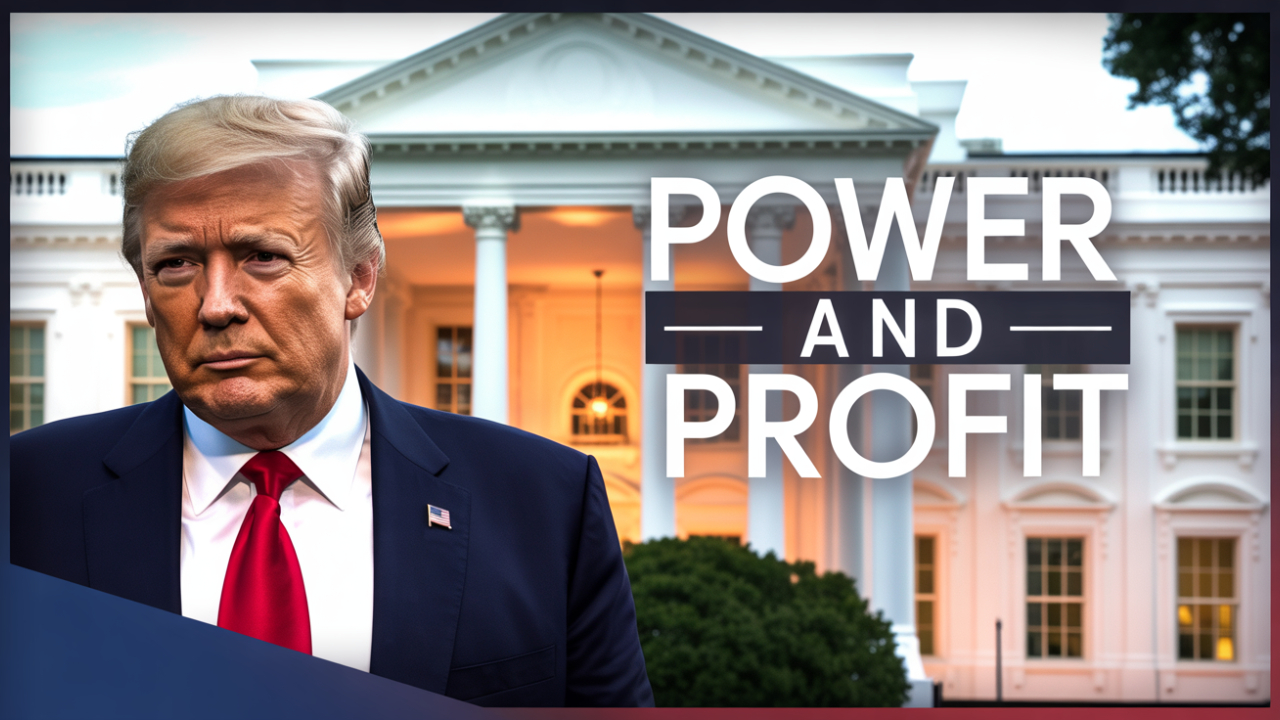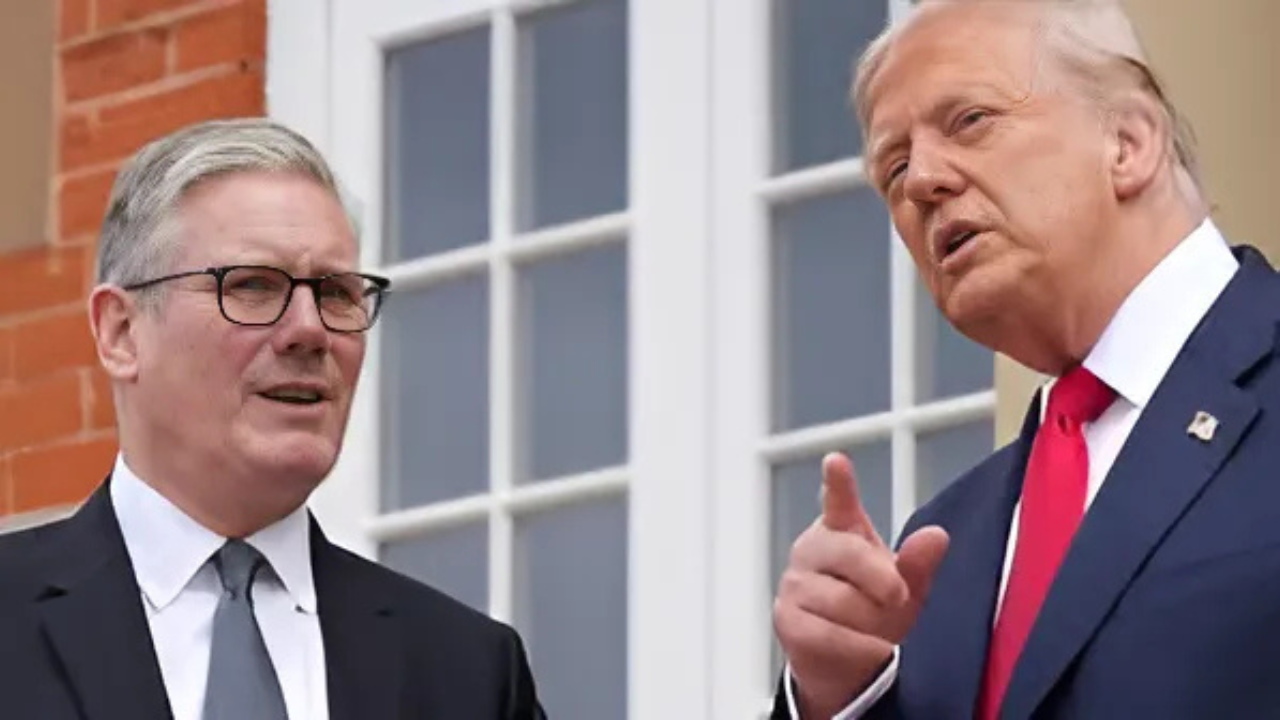Trump Contradicts Netanyahu on Gaza: ‘That’s Real Starvation’
In a rare public rebuke of a key ally, former U.S. President Donald Trump has rejected Israeli Prime Minister Benjamin Netanyahu’s claim that there is “no starvation” in Gaza. Speaking from his golf resort in Scotland, Trump described harrowing images of hungry children as unmistakable evidence of a deepening humanitarian catastrophe.
“That’s real starvation,” Trump said. “I see it, and you can’t fake that.”
A Public Split Between Allies
Netanyahu, just days earlier, had dismissed widespread reports of hunger in Gaza as “a bold-faced lie”—suggesting instead that any shortages were due to Hamas diverting aid.
Trump disagreed sharply.
“I want [Netanyahu] to make sure they get the food—every ounce of food,” Trump insisted. “We’re giving a lot of money and a lot of food. I want to make sure that food gets through.”
Trump’s comments highlight a growing unease among global leaders, even traditional allies of Israel, as images of malnourished children flood news and social media platforms.
Reality on the Ground: A Crisis Confirmed
Humanitarian organizations have confirmed what many feared: Gaza is slipping into famine-like conditions. According to the Gaza Health Ministry, at least 147 deaths have been linked directly to hunger and malnutrition—88 of them children.
The U.N. Office for the Coordination of Humanitarian Affairs (OCHA) has warned that over 500,000 people are facing catastrophic food insecurity, with aid deliveries obstructed by ongoing military operations and bureaucratic restrictions.
Even UNICEF recently reported an “explosive rise” in child wasting—an indicator of acute starvation.
Trump's Proposed Intervention
Breaking from his previous hardline stance, Trump revealed a plan for the United States to set up food and sanitation centers in Gaza in partnership with “European allies and responsible humanitarian actors.” These centers, he said, will be neutral, safe zones to deliver aid “without interference.”
“We will do it the right way. The people shouldn’t suffer because of the conflict,” he added.
Though Trump didn’t offer specifics on logistics, U.S. aid officials hinted at plans to use U.N. escorts and Jordanian border routes to bypass political roadblocks.
Pressure from the U.K.
Trump’s remarks came after a meeting with U.K. Prime Minister Keir Starmer, who reportedly expressed concern about the British public’s outrage over Gaza’s suffering. Starmer, according to Downing Street aides, urged Trump to take “tangible action, not just words.”
Their meeting, originally intended to discuss trade, shifted to the Gaza crisis following public protests outside Trump’s Turnberry golf resort.
Strategic Calculations or Sincere Shift?
Critics have questioned whether Trump’s comments signal a genuine humanitarian pivot—or a strategic move amid growing global criticism of Israeli policy. Still, the shift is unmistakable: a break from the blanket support Netanyahu has long enjoyed from U.S. Republican leadership.
For Netanyahu, Trump’s comments couldn’t come at a worse time. With pressure mounting at home and abroad, any division with Washington—even from a former president—adds fuel to an already volatile situation.







